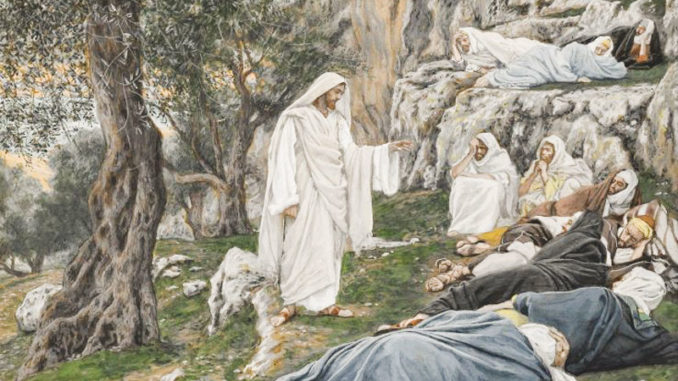
The past six weeks’ schedule of celebration upon celebration has been crowded. My own religious community hosted a celebration of our 100th anniversary at what has become our permanent motherhouse in Pennsylvania in mid-September.
The Sisters of St. Mary of Namur celebrated the 200th anniversary of their founding in Belgium with a weekend of liturgical and public events in Sumter at the end of October. Throughout 2019-2020 the Diocese of Charleston is celebrating the Bicentennial of its founding with observances in many parishes, prayer services and historical commemorations in each deanery, and a culminating celebration on June 20, 2020, in Columbia. Meanwhile, the city of Charleston is in the midst of a year-long celebration of the 350th anniversary of its establishment.
Along with that there are the usual birthdays, sacramental occasions — baptisms, first penance, first Communions, Confirmations, weddings — and customary feasts and festivals. Thanksgiving, Advent, and Christmas are on the horizon, and we have just gotten past seeing children dressed as superheroes and ballerinas for Halloween and saints for All Saints’ Day (if they are in many of our Catholic elementary schools).
We have also marked All Souls’ Day with services at cemeteries and the customary commemorations of The Day of the Dead among the Hispanic community. The feast of Our Lady of La Vang happens this month and Our Lady of Guadalupe next. The former is a big day for Vietnamese Catholics and the latter for Mexican Catholics, and indeed for all of us in the Americas.
There is always a temptation to say that enough is enough and, at some point, that we have had too much of gala, special dress, dance, music practices, drama, flowers, festive food, and high liturgy.
Somewhere along the way the spirit of Scrooge may show up and mutter “Humbug.” There is also the nagging feeling that we should be spending our energy on more lasting pursuits and making sure that more of the poor should be included to assure that they benefit from our festivities.
The last point is a worthy one to look at. We might very well chide ourselves for having forgotten to think about the elderly person who would love to join in our events but lacks transportation. We might wonder whether some of our leftovers should have a destination somewhere other than our refrigerators or the nearby fire house. We might also ask whether we can plan the budgets for our celebrations with a tithe in mind.
At the same time, we can recall that Jesus and the apostles were criticized for eating and drinking and that they did indeed attend and partake of wedding feasts and Passover meals — and justified it.
For us, we can enter into the spirit of these multiple celebrations with the assurance that they are celebrations of life. They are also, in many cases, celebrations of faith, of commitment, and of longevity. All of the occasions I’ve mentioned have multi-generational dimensions. With all their temporalities, they make an imprint on the soul which is well worth not only the effort but also repetition.

